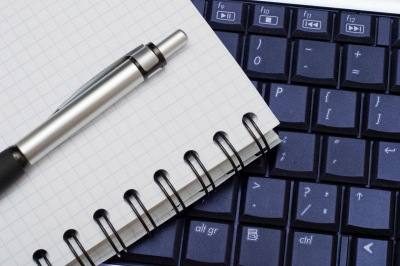
Accounting is undoubtedly a very important field, but students sometimes struggle to become engaged with the material in their early accounting classes. A great way to increase interest in the subject is to start your Accounting 101 class with a discussion of the history of accounting. This discussion sets the stage to learn basic accounting principles, framing the subject matter in a light that is more likely to hold student attention.
A one-class discussion of the history of accounting could include the following high points:
The early use of double-entry bookkeeping by Venetian merchants
This system was first described by Luca Pacioli in the 1400s. He included in his description details about the use of debits and credits in ledgers. Today’s accounting systems still rely on these basic systems, and your students will be interested to know where they originated.
The rising need for advanced accounting systems during the Industrial Revolution.
Corporations were developed during this period, and more sophisticated accounting systems were needed to manage shareholders’ interests in firms.
The creation of the Securities and Exchange Commission in the 1930s.
When this commission was created, it became mandatory for publicly-traded companies to file reports with the SEC.
The Impact of the 2001 Enron scandal on the accounting industry.
Following this event, tougher restrictions were placed on consulting accountants to deter future scandals.
If you’re looking for a great way to teach your students the history of accounting, as well as its advanced applications, contact us at Labyrinth Learning.
